An artificial intelligence chatbot (or AI chatbot) is an innovative technology that enables automated conversational interactions with users. It serves as a virtual assistant, simulating human-like conversations and providing automated assistance. Powered by AI algorithms and natural language processing (NLP), chatbots are designed to understand user queries, respond intelligently, and deliver personalized experiences.
At its core, an artificial intelligence chatbot is a software program that utilizes AI techniques, such as machine learning and NLP, to interpret and respond to user input. It can understand natural language, context, and user intent, enabling it to provide relevant and accurate responses. Chatbots can be integrated into various platforms, including websites, messaging apps, and voice assistants, allowing users to interact with them conveniently.
What are the 2 Main Types of Chatbots?
Chatbots can be broadly classified into two main types:
a) Rule-Based Chatbots: Rule-based chatbots operate on predefined rules and patterns. They follow a fixed decision tree and can provide responses based on specific keywords or phrases. While they can handle simple queries, their capabilities are limited as they lack the ability to learn and adapt.
The user journey and conversation flow for a rule-based chatbot are pre-determined. Users are presented with pre-defined options and guided through a premeditated conversation flow.
Example: This is how a conversation with a rule-based chatbot would look like 👇

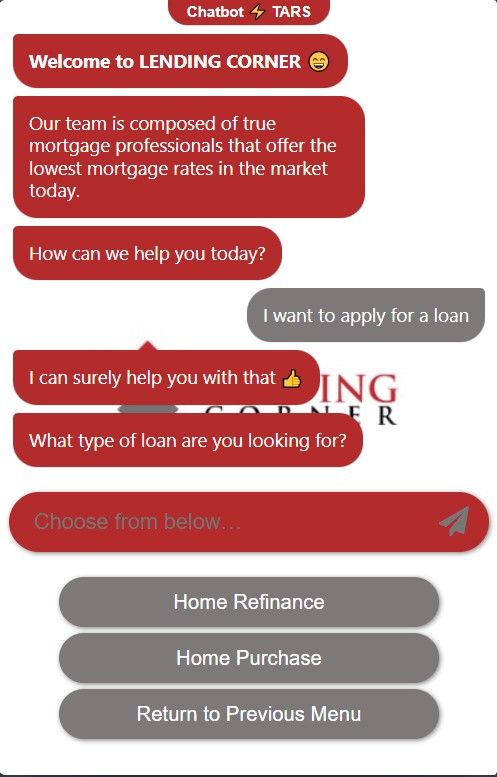
b) AI-Powered Chatbots: AI-powered chatbots leverage artificial intelligence technologies, such as natural language processing (NLP) and machine learning (ML), to understand and respond to user queries. These chatbots can learn from conversations, improve their responses over time, and provide more sophisticated and contextually relevant interactions.
Conversations with AI chatbots are more dynamic and spontaneous. There are no pre-defined conversation flows. The user can question the chatbot in natural human language and the chatbot will reply in a similar human-like fashion.
Example: This is how a conversation with an AI-powered chatbot would look like 👇
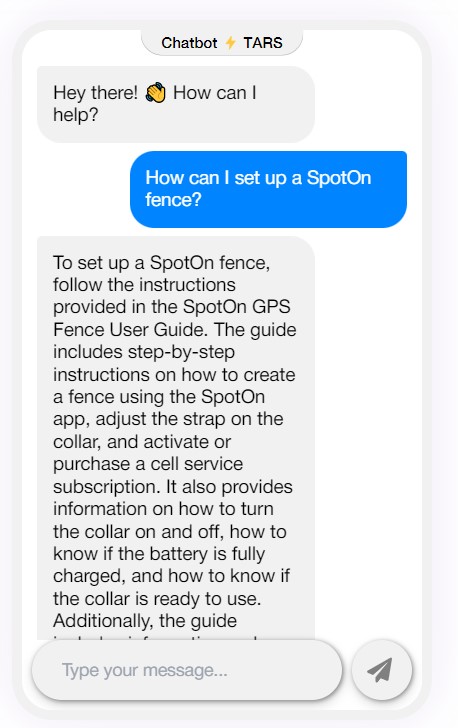
Examples of Artificial Intelligence Chatbots
Let’s explore some notable examples of artificial intelligence chatbots:
a) Tars Prime: Developed by the conversational AI platform TARS, Tars Prime is a tool that can help anyone generate customized AI chatbots. Tars Prime chatbots are omnichannel and can be integrated across websites, mobile apps, and even text messages. Tars Prime bots employ natural language processing & machine learning, and offer advanced data analytics.
b) Siri: Apple’s virtual assistant, Siri, utilizes AI algorithms to understand voice commands and perform tasks like setting reminders, sending messages, and searching for information.
c) Alexa: Developed by Amazon, Alexa is an AI-powered chatbot that operates through voice interactions. It can control smart home devices, answer questions, and provide personalized recommendations.
d) Google Assistant: Google Assistant combines voice and text-based interactions to assist users with various tasks, such as searching the web, setting alarms, and managing appointments.
e) IBM Watson: IBM Watson is a powerful AI platform that employs natural language understanding and advanced analytics to offer solutions across industries, including healthcare, finance, and customer support.
What is the Main Purpose of a Chatbot?
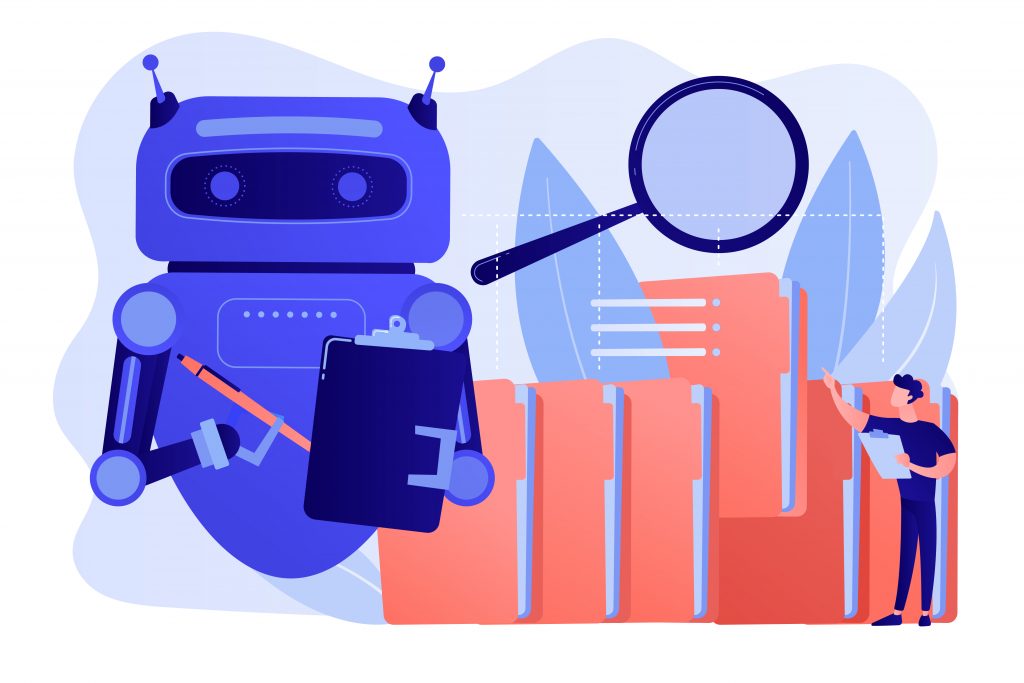
The main purpose of a chatbot is to simulate human-like conversations and provide automated assistance.
Here is a breakdown of the main purposes served by a chatbot:
✅Simulating human-like conversations and providing automated assistance.
✅Streamlining customer interactions and offering instant responses.
✅Enhancing user experience.
✅Serving as virtual assistants.
✅Answering queries and guiding users through processes.
✅Performing specific tasks.
✅Reducing the burden on human agents.
✅Enabling businesses to provide round-the-clock support.
Using an artificial intelligence chatbot for business process automation can help various companies achieve all the above and more. Thus, it gives them a significant competitive advantage.
What Problems Can a Chatbot Solve?
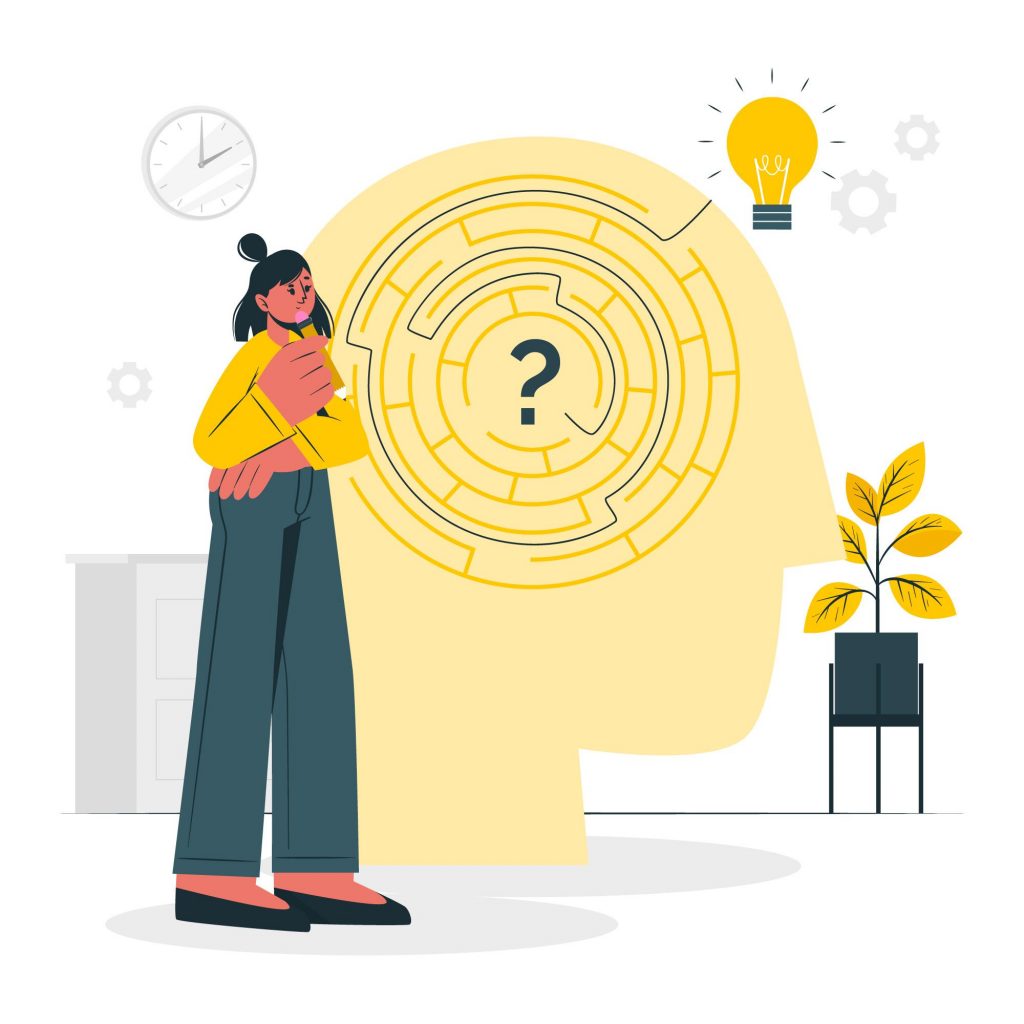
Chatbots have the potential to solve a range of challenges across various domains. Some of the problems they can address include:
✅Handling repetitive inquiries and frequently asked questions, freeing up human resources for more complex tasks.
✅Providing real-time support and personalized recommendations based on user preferences and behavior.
✅Assisting in lead generation by engaging visitors and qualifying potential leads.
✅Streamlining appointment scheduling and order processing, reducing manual effort and improving efficiency.
✅Offering personalized recommendations based on user preferences and behavior.
✅Automating order processing, reducing manual effort and improving efficiency.
✅Resolving common customer issues and complaints, improving customer satisfaction.
✅Assisting in product or service selection, providing guidance and suggestions.
✅Conducting surveys or feedback collection, gathering valuable insights for businesses.
✅Assisting in troubleshooting technical problems or providing self-help solutions.
✅Facilitating seamless integration with third-party platforms or systems.
✅Providing proactive notifications or reminders for important events or tasks.
These are only some of the applications of chatbots. To learn the best use of an artificial intelligence chatbot for your unique business requirements, schedule a free demo.
Key Features of a Chatbot
To deliver effective conversational experiences, chatbots incorporate several key features:
✅Natural Language Processing (NLP): Chatbots utilize NLP techniques to understand and process human language, enabling them to interpret user queries, extract relevant information, and generate appropriate responses.
✅Multi-Channel Support: Chatbots can seamlessly operate across multiple channels like websites, mobile apps, and social media platforms, providing consistent assistance to users.
✅Analytics and Reporting: Chatbots collect and analyze data to evaluate performance, identify improvement areas, and generate valuable insights for businesses.
✅Contextual Understanding: Chatbots have the ability to understand the context of a conversation and maintain continuity in interactions, providing more relevant and coherent responses.
✅Integration Capabilities: Chatbots can integrate with various systems, databases, and APIs, allowing them to access and retrieve information from different sources to provide comprehensive assistance.
✅Personalization: Chatbots can personalize interactions by leveraging user data and preferences, tailoring responses and recommendations to individual users’ needs.
✅Learning and Adaptation: AI-powered chatbots can continuously learn from user interactions, improving their knowledge base and performance over time, leading to more accurate and effective responses.
How Successful Are Chatbots?
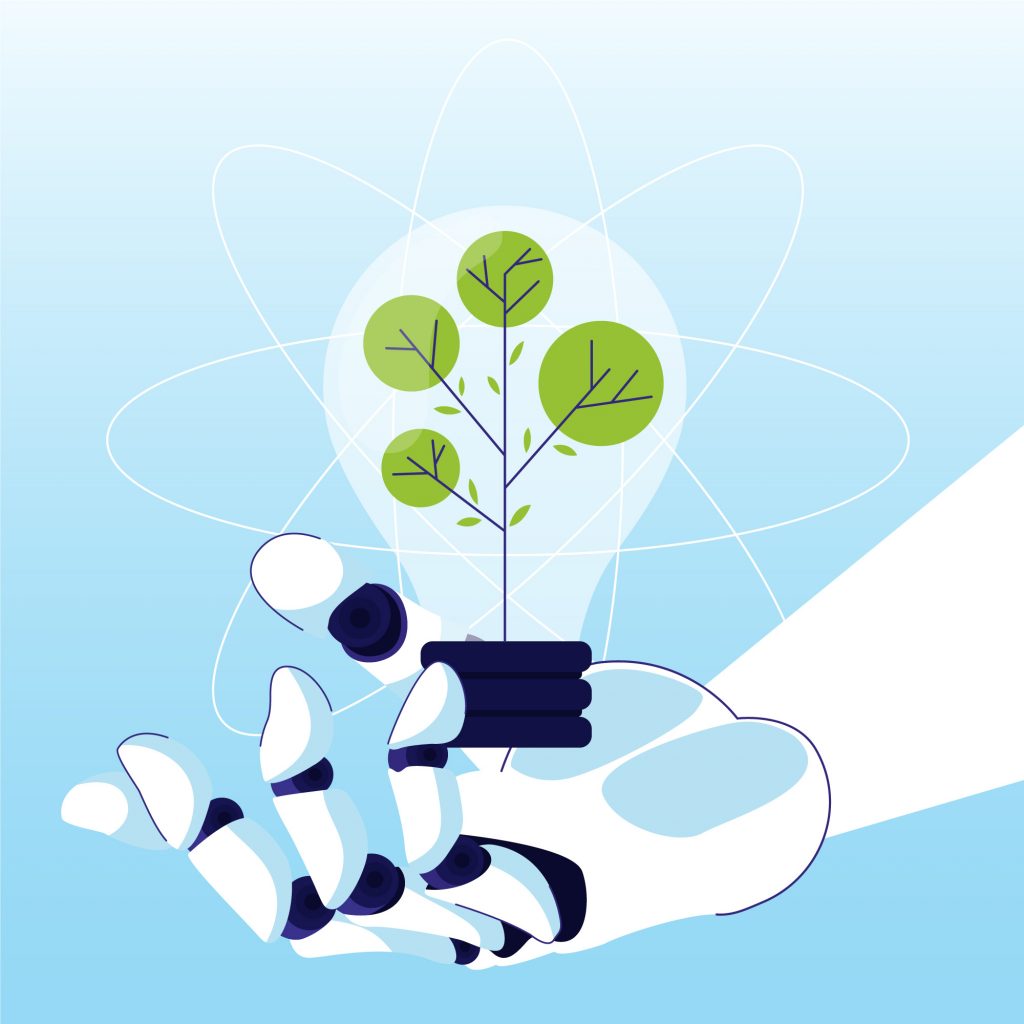
Chatbots have demonstrated impressive success rates in improving customer experiences and streamlining business operations.
The following case studies demonstrate the immense impact of chatbots:
a) Avec Group – The Avec Group implemented a TARS AI chatbot as a symptom checker for their patients, resulting in a significant 90% rise in interaction rate and improved patient care. The AI chatbot can even offer an initial diagnosis. After the diagnosis, it assists patients in scheduling appointments and provides guidance for other essential tasks. Read the full case study here.
b) Missouri SOS – The Business Service Division of the Missouri Secretary of State (SOS) implemented an AI-driven TARS chatbot to address inquiries from citizens. As a result, they successfully automated an impressive 200,000 conversations (and still counting) with an outstanding success rate of 97%. Read the full case study here.
c) Vodafone (Qatar) – Vodafone Qatar successfully automated over 432,000 conversations by deploying four lead-generation chatbots across four distinct landing pages. These chatbots received nearly 896,000 visits, resulting in an exceptional response rate of 48.21%. Read the full case study here.
d) American Express (Amex) – Amex achieved remarkable automation of tens of thousands of conversations by implementing Tars Chatbots in their SMS marketing campaigns and official website. With an astonishing goal completion rate of 49.3%, it meant that 1 out of every 2 customers who engaged with the chatbot successfully converted into a desired outcome. Read the full case study here.
🎯Check out more chatbot success stories here
What is the Future Scope of Chatbots?
The future of chatbots is promising, with several exciting advancements on the horizon. Here are some potential areas of growth:
✅Integration with Voice Assistants: Chatbots can be integrated with voice assistants like Amazon’s Alexa and Google Assistant, enabling users to have voice-based conversations for a more natural and intuitive experience.
✅Augmented Reality (AR) and Virtual Reality (VR): Chatbots can be integrated into AR and VR applications, enhancing user interactions in virtual environments, such as virtual shopping experiences or remote collaboration.
✅Industry-Specific Applications: Chatbots are expected to play a significant role in industries such as healthcare, finance, e-commerce, and education, providing personalized recommendations, answering queries, and facilitating transactions.
✅Advancements in NLP and ML: Continued advancements in natural language processing and machine learning algorithms will further improve chatbots’ understanding of user intent, context, and language nuances, enabling more accurate and contextually relevant responses.
How to Start Using an Artificial Intelligence Chatbot to Enhance Your Business Operations
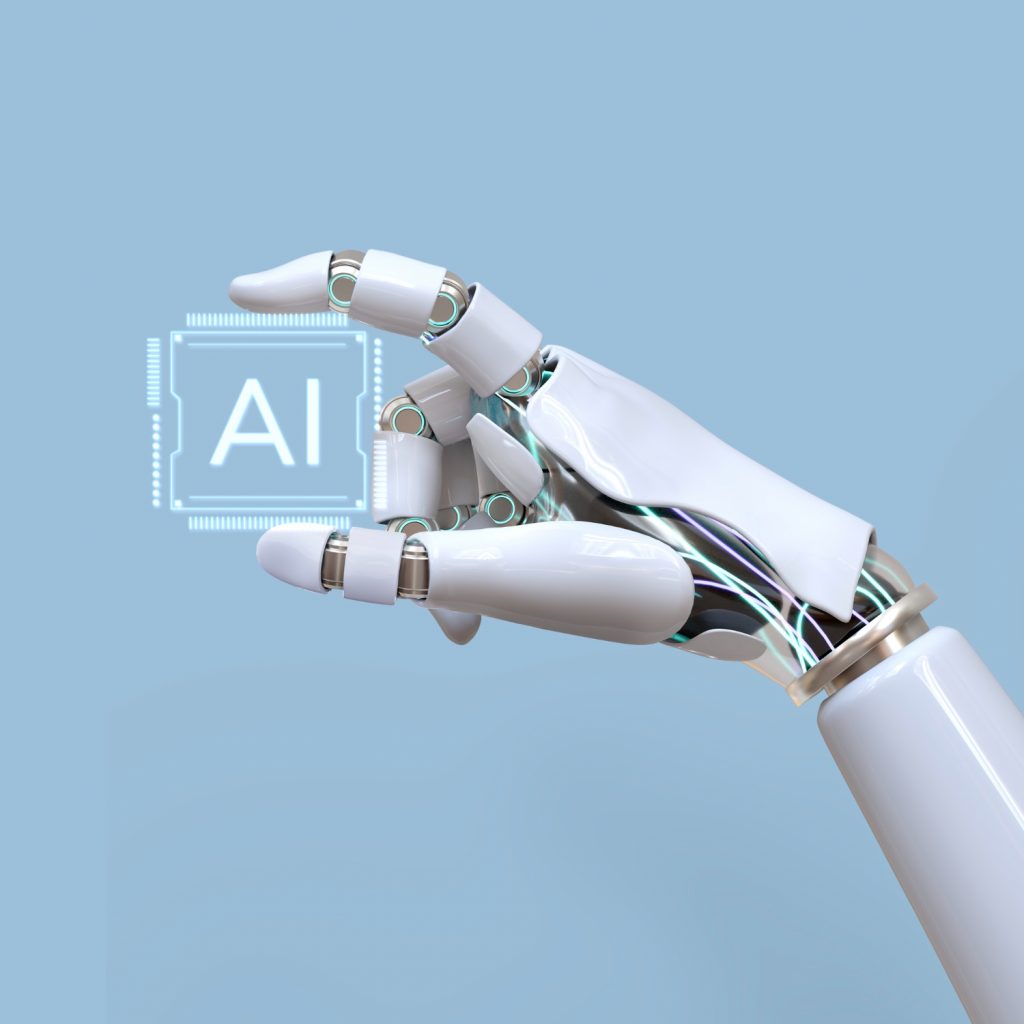
Get started on your AI chatbot journey by scheduling a free demo with TARS. A demo will help you understand the best chatbot strategy for your specific business requirements and gain a clear understanding of the entire implementation process.
At TARS, we specialize in delivering comprehensive chatbot solutions tailored to your unique business requirements:
✅ Tailor-made chatbots designed specifically to align with your needs
✅ Full management of the chatbot development process from start to finish
✅ Dedicated customer service to ensure ongoing support and maintenance
✅ Advanced data analytics to track conversations and calculate return on investment (ROI)
✅ Expert handling of future changes and optimizations
✅ Omnichannel chatbot deployment across websites, mobile apps, and SMS/text messaging platforms
We have offered customized chatbot solutions to over 700 global companies including American Express, Vodafone, Nestle, Adobe, Bajaj, and many more.
Schedule a free demo today to start using your own, customized artificial intelligence chatbot.

I am a creative thinker and content creator who is passionate about the art of expression. I have dabbled in multiple types of content creation which has helped me explore my skills and interests. In my free time, I indulge in watching animal documentaries, trying out various cuisines, and scribbling my own thoughts. I have always had a keen interest in blogging and have two published blog accounts spanning a variety of articles.
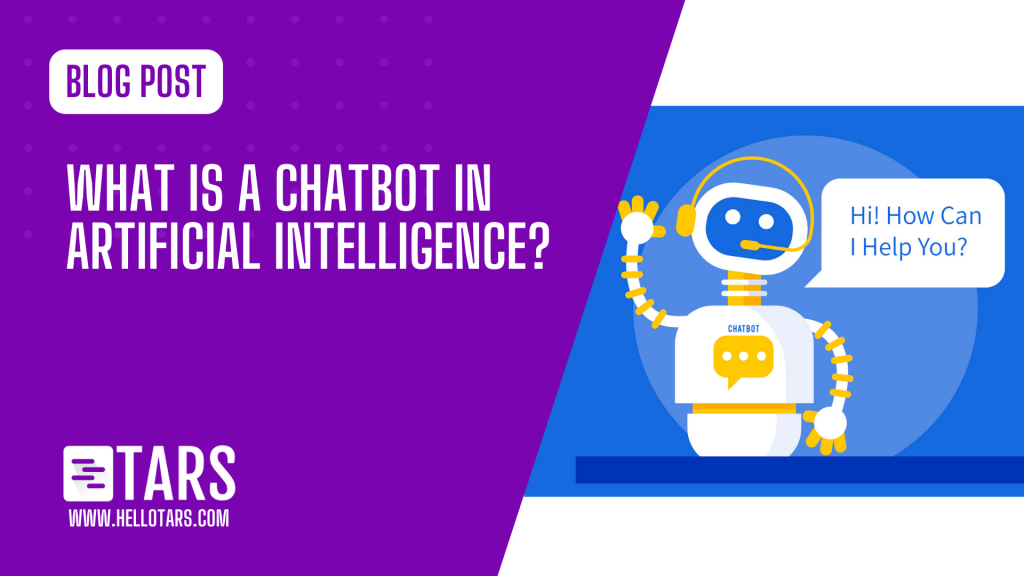
0 Comments on "What is a Chatbot in Artificial Intelligence?"